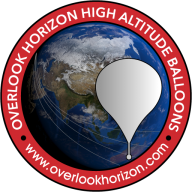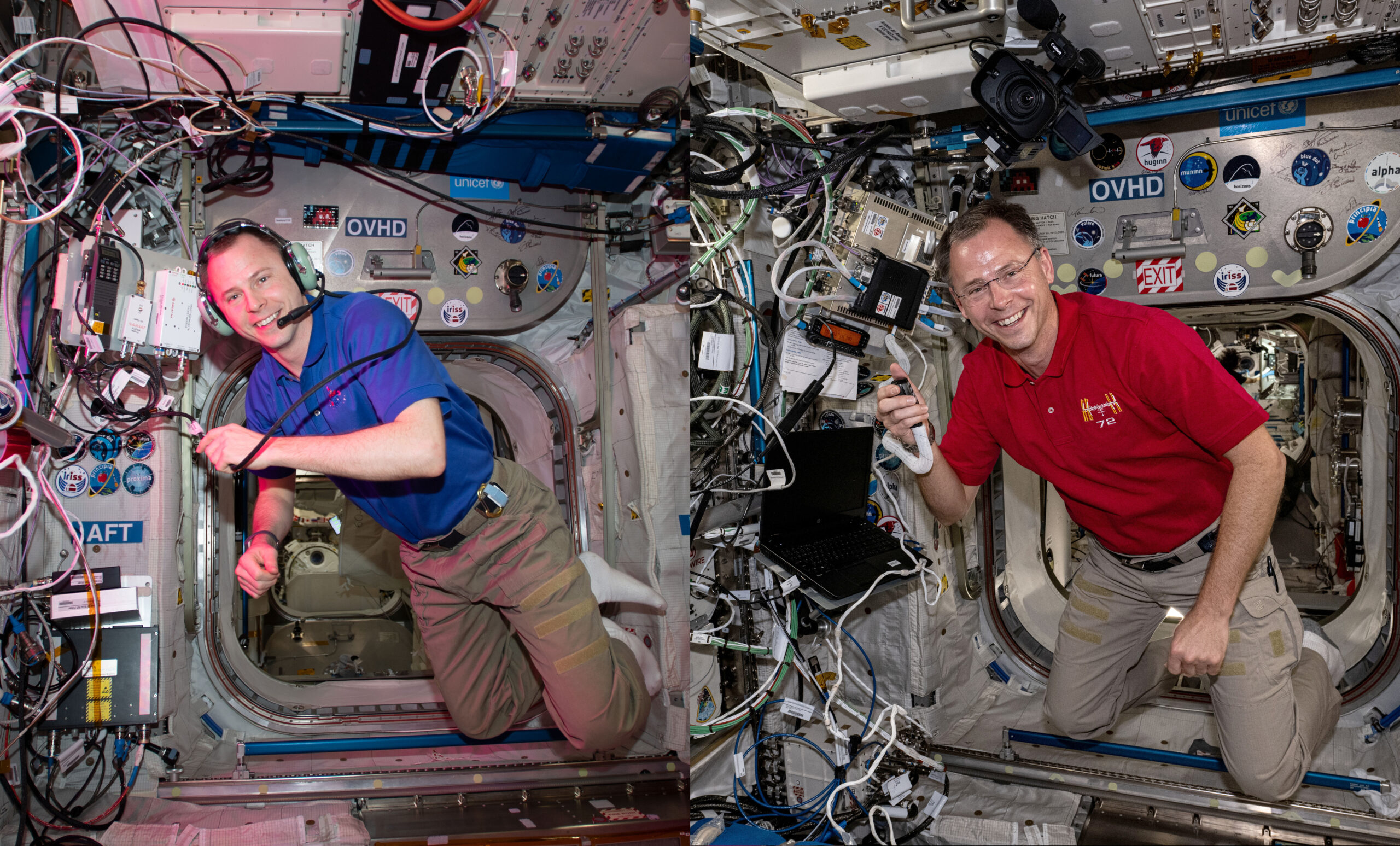 NASA astronaut Nick Hague with the International Space Station’s amateur or ham radio equipment during his current mission (right) and a previous flight five years ago (left)NASA How it started versus how it’s going for astronaut Nick Hague with ISS Ham Radio on the space station.
NASA astronaut Nick Hague with the International Space Station’s amateur or ham radio equipment during his current mission (right) and a previous flight five years ago (left)NASA How it started versus how it’s going for astronaut Nick Hague with ISS Ham Radio on the space station.
Since November 2000, crew members like Hague have used ham radio to communicate with people on Earth through this educational program, also known as Amateur Radio on the International Space Station or ARISS. So far, there have been more than 1,700 events, directly engaging students and listeners from 49 U.S. states, 63 countries, and all seven continents. Students study the space station, radio waves, amateur radio technology, and related topics before their call from space, which encourages interest in STEM.
Now through Nov 17, 2024, ARISS is accepting applications from formal and informal educational institutions and organizations that want to host events in summer or fall of 2025. There is no charge for these calls from space, although host locations may incur some equipment-related costs. Local amateur radio clubs help hosts prepare for their contacts.
Read about how ISS Ham Radio and other station programs inspire students.
Melissa Gaskill
International Space Station Research Communications Team
Johnson Space Center


